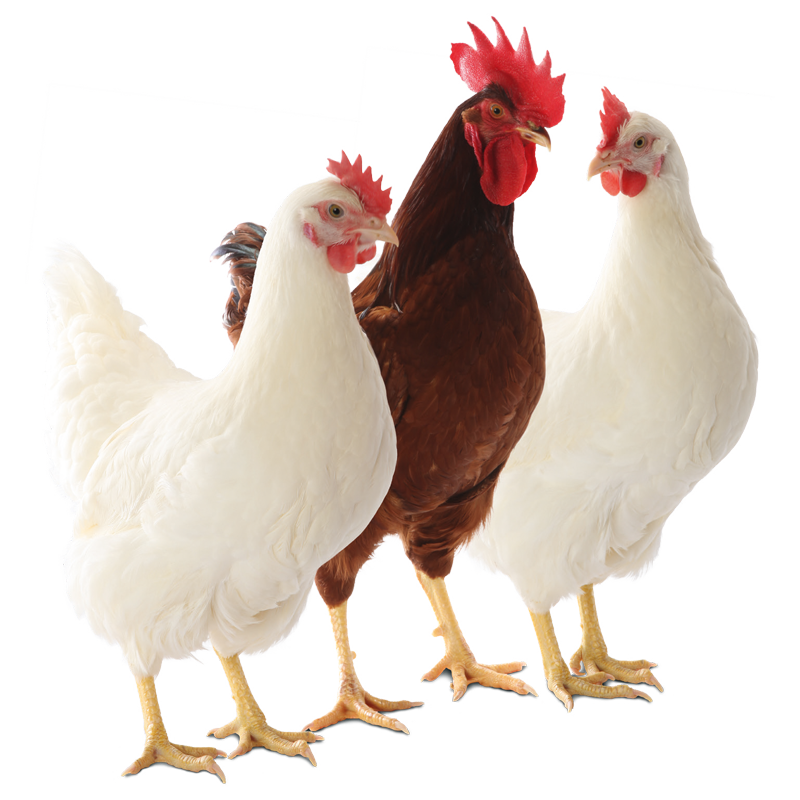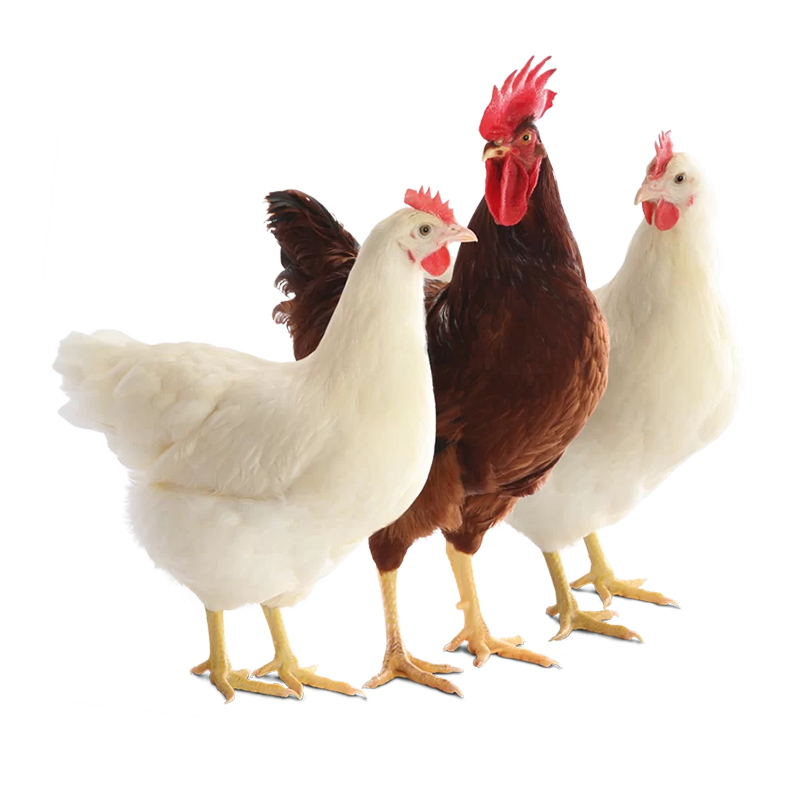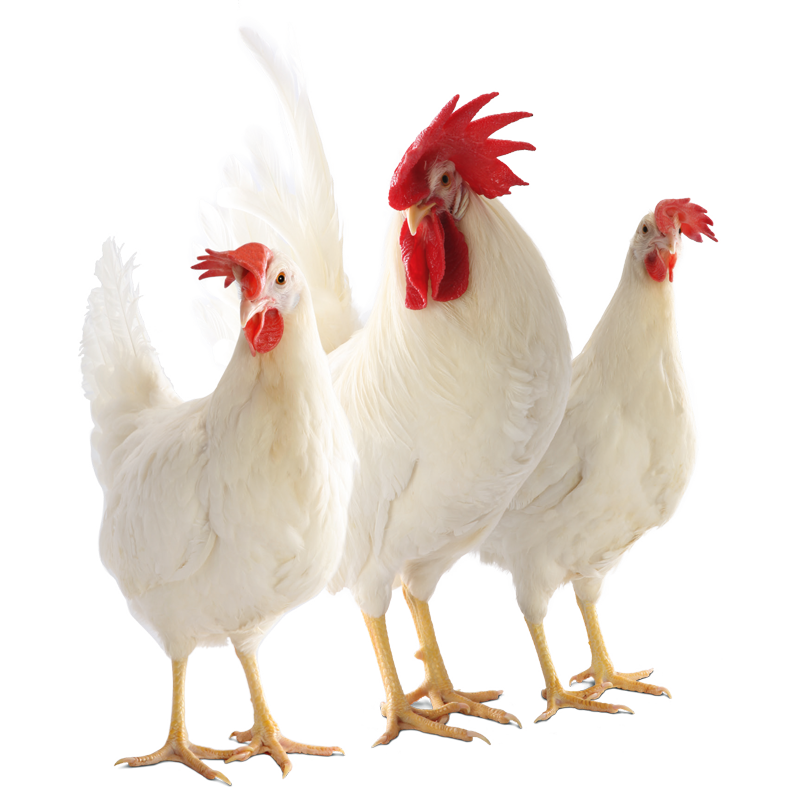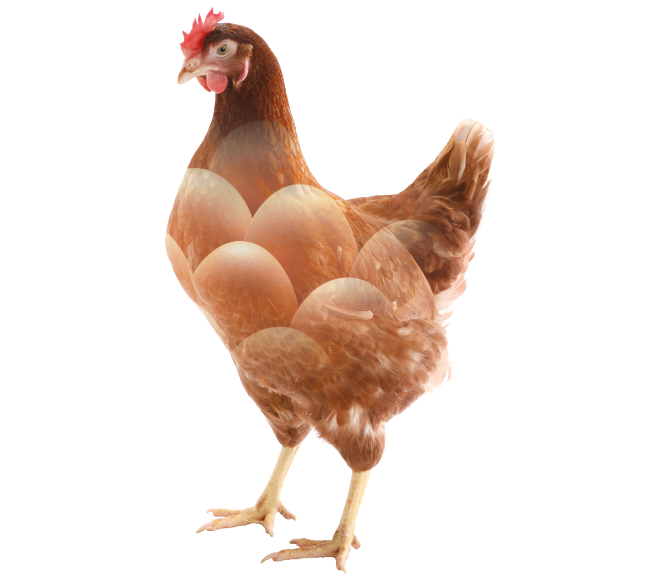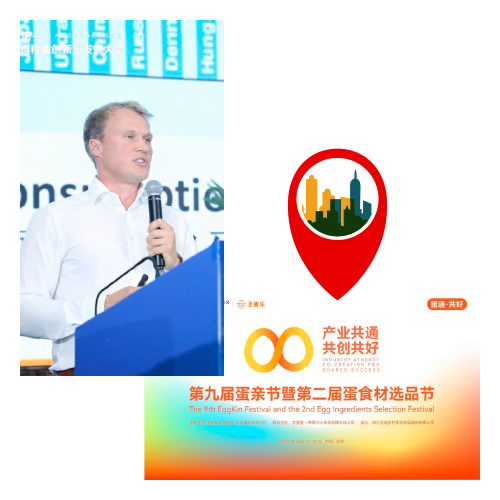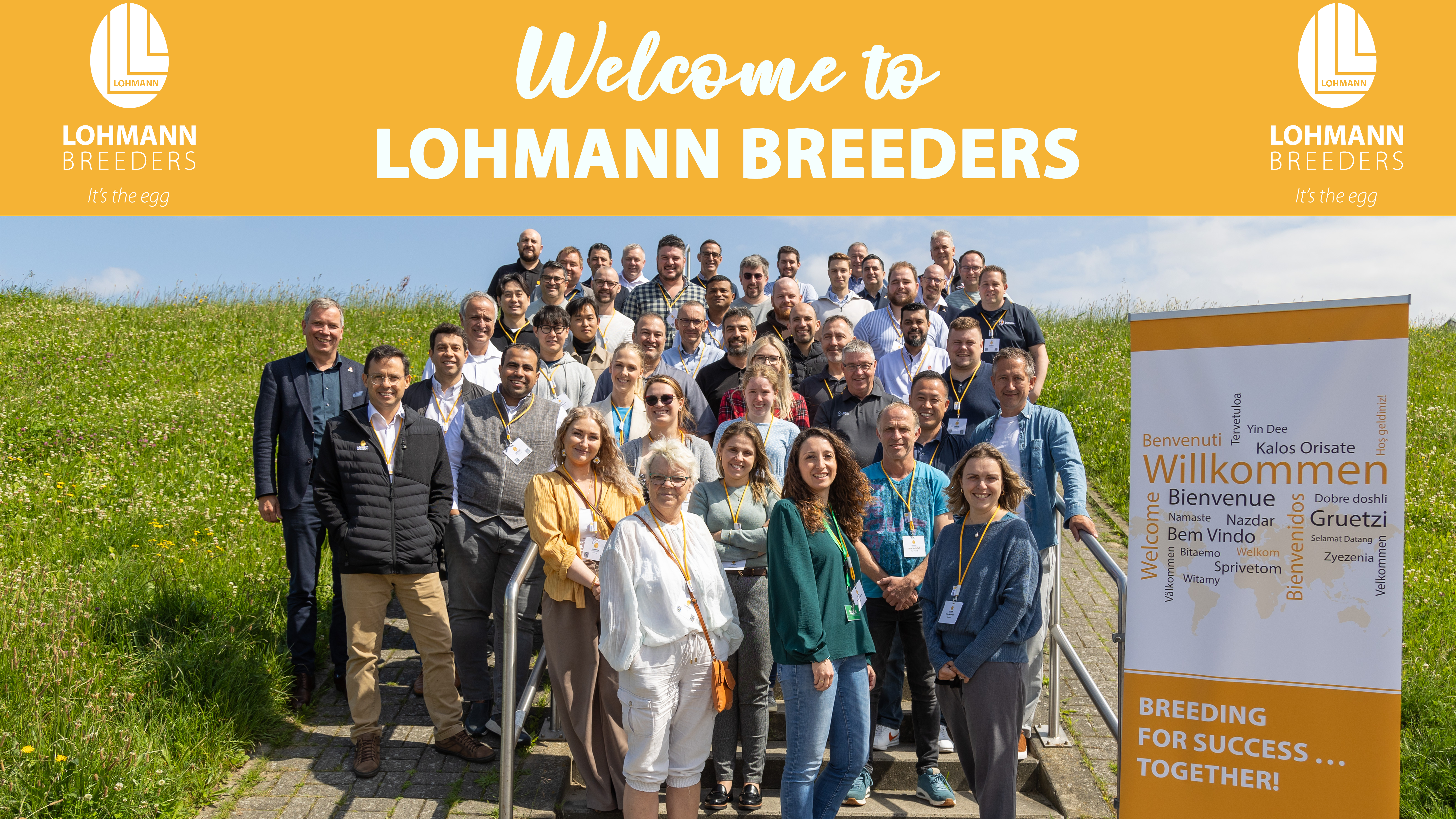Agricultural production and public perception
More than 90% of the German population have no personal relation to agriculture. Their conception of agriculture is – to a large extent – determined by aesthetic impressions and intermittent perceptions, often based on the negative example of crises (e.g. BSE, „rotten meat“, pollution of the environment). Knowledge about agriculture is not widely spread. Evidently, representatives of agricultural production had no interest to enhance the knowledge base of the public. Instead, agriculture’s public communication is predominated by romanticized photographs. The actual mechanisation is often gladly avoided (including by the industry itself) – and complex interrelations of sustainability as guiding model for further development even more so.„The public“ adheres to a form of agriculture which doesn’t exist any more. The reluctance of agricultural industry to communicate the real complexity and mechanization of agricultural production could be understood as being „provident“ towards the public (protection from overload), but also provides the breeding ground for profound misunderstandings at the same time.
The role of ethical analysis in public communication
It seems to be necessary to reframe agriculture’s communication. Ethics might be helpful in this regard. Ethics can be perceived as systematic reflection of the differing moral concepts in a society – and of the interactions between moral concepts.Evaluating the actions of a player, it is important to consider: What is his specific area of responsibility? For which aspects does the player carry a moral responsibility, and for which does he not (or no longer)?
If agricultural players could display their actions as also being ethically justifiable (i.e. doing well within the realms of possibility) they could change the type of communication with the public. Then, agricultural players could show that they are efficiently working on solutions for inescapable challenges concerning the whole society.
The problems of current and future developments
The shift of agricultural production – from processing to production of raw-materials for energy supply – increases the necessity to communicate underlying ethical standards to the relevant public. The crucial question is: Is the new field of activity of the „energy farmer“ compatible with the moral concepts which are effective in conjunction with agriculture?In fact, CO2 reduction serves as a strong political objective, triggered by a specific analysis of climate change. This induces a strong demand for renewable resources. The evident necessity to substitute at least partially fossil energy by renewables puts even more public attention on it. There are clear advantages for agriculturists: long-term reimbursement for supply, side-stepping to a socially unsuspicious area (instead of animal husbandry with high standards; tillage with the use of pesticides or genetic engineering etc.).
But also new social and societal problems emerge which need to be solved:
- the interrelation of reduction in classical processing and at the same time potential „export“ of an animal welfare problem;
- the unlikely acceptance of tendencies to monoculture crop-growing practices;
- the unlikely acceptance of new crop-growing cultures;
- societal scepticism about global manufacturing: what are we doing better than the others?
- the inadequacy of the current political overall strategy based on the romantic fiction of national independence in energy supply.
Energy farmers and the production chain have to deal with problems too:
- missing reliable long-term framework conditions for producers;
- the unlikely long-term reliability of the raw materials base and material flow;
- the determination of utilisation of raw materials by volatility of the (global) demand (seller‘s market also in future?);
- the enhancement of conversion technology and efficiency;
- reliable availability of the required raw materials and the economic effects of scarcity
Ethical decision-making aids
In order to reframe inevitable societal discourse it is necessary to give a voluntary commitment to sustainable development – which at the same time serves as ethical basis. Sustainability implies to consider economic, ecological and social aspects co-equally. These aspects get concrete by specific criteria for evaluation serving as targets to realise:- guarantee of provision for the population (food and energy);
- sustainable utilisation of renewable and non-renewable resources;
- international fairness of trade;
- preservation of social resources;
- conservation of cultural landscape and the cultural functions of nature;
- potential for CO2 reduction and/or net gain of energy.
A closer look into actual proceedings, however, shows that these ethically well-founded targets face some severe problems.
Firstly, the absolute yield of energy supply by renewables is questionable regarding their potential to reduce CO2 emission and to enhance the net gain of energy. This might be a technical problem striving for future solutions but political commitments actually assert this efficiency.
Secondly, the public’s acceptance of the use of renewables actually is the only criterion positively fulfilled. But the threshold to non-acceptance is near. Monoculture crop-growing and unfamiliar new cultures do not get societal support.
Furthermore, the provision for the population (food and energy) might become problematic if the present shift in production would continue or even be accelerated. Rising food prices already triggered critical attention of consumers in this respect. International fairness in terms of trade is also regarded sceptically. Perhaps third parties in weaker economies might participate more efficiently. But that might have undesirable negative effects on the domestic market. So consumers’ judgements are ambiguous.
And finally, the farmers have to deal with a profound change in their self-image. Do they become energy suppliers for industrial use, leaving their traditional role of food und feed suppliers? This might introduce a new problem of generation gap in the farmers’ families.
Forecast and recommendations
Taking into account the above mentioned problems, an ethical judgement will be ambiguous. But all ethical judgements on this subject area have an expiry date: if the available data change, ethical judgements might also have to change. The same applies to political regulations – or ought to.Agriculture is not suitable for populist actionism – even though it regularly celebrates a happy revival. It is high time to clarify
- which technical data are adequately substantiated,
- which handicaps the stakeholders are prepared to accept,
- who is acting how with which interests – and on doing so is blinding out relevant factors and/or is concealing relevant information.
Is it romantic to hope for an enlightened discourse herein? He, who has no visions – should consult a doctor!
Busch, R. J. (2003): Ethik und Tierhaltung. Ansätze für eine ethisch vertretbare Tierhaltung. In: Landwirte in der Gesellschaft. Wege zu besserem Ansehen und Image. DLG, Frankfurt. S. 91-98.
Busch, R.J. (2005): Ethische Verantwortung in der Tierzucht. Züchtungskunde 77, 420-425.
Busch, R.J. und P. Kunzmann (2006): Leben mit und von Tieren. Ethisches Bewertungsmodell zur landwirtschaftlichen Nutztierhaltung. Utz Verlag München.
Busch, R. J. und G. Prütz (2007): Biotechnologie in gesellschaftlicher Deutung. Utz Verlag München.
Grimm, H. (2005): Ethical Issues in Agriculture, in: Interdisciplinary and Sustainability Issues, (Hg. Olaf Christen), in: Encyclopedia of Life Support Systems (EOLSS), Developed under the Auspices of the UNESCO, Eolss Publishers, Oxford, UK. [http://www.eolss.net].
Grimm, H. (2006): Animal Welfare in Animal Husbandry – How to Put Moral Responsibility for Livestock into Practice, in: M. Kaiser/M. Lien (Hg.), Ethics and the Politics of Food, Wageningen.
Journal for Agricultural and Environmental Ethics, Springer Verlag.
Zusammenfassung
Bioenergie statt Veredelung – Das Machbare in ethischer PerspektiveKlimawandel und durch politische Regulierungsmaßnahmen bedingte Nachfrage nach nachwachsenden Rohstoffen haben Bewegung in die landwirtschaftliche Produktion gebracht. Die Landwirte haben ein neues Betätigungsfeld entdeckt: „Energie-Wirte“ gelangen in das Zentrum der öffentlichen Wahrnehmung. Was aus der Perspektive der Branche plausibel erscheint, muss es für eine allgemeine Öffentlichkeit aber durchaus nicht sein. Hier erwächst die Herausforderung für die Landwirtschaft, den Bürgern verständlich zu machen, weshalb sie in spezifischer Weise handelt. Dass die Primärenergieproduktion ein sinnvolles Aktionsfeld für Landwirte sein kann, lässt sich ggf. anhand spezifischer ethischer Kriterien aufweisen, die dem Leitbild einer nachhaltigen Entwicklung zugeordnet sind. Eine Branchen-Kommunikation, die nicht allein ökonomisch determiniert ist, sondern auf ethischen Grundwerten aufbaut, erscheint angesichts der weit reichenden Veränderungs- und Verschiebungsprozesse im Zusammenhang mit der Nutzung nachwachsender Rohstoffe unverzichtbar.
